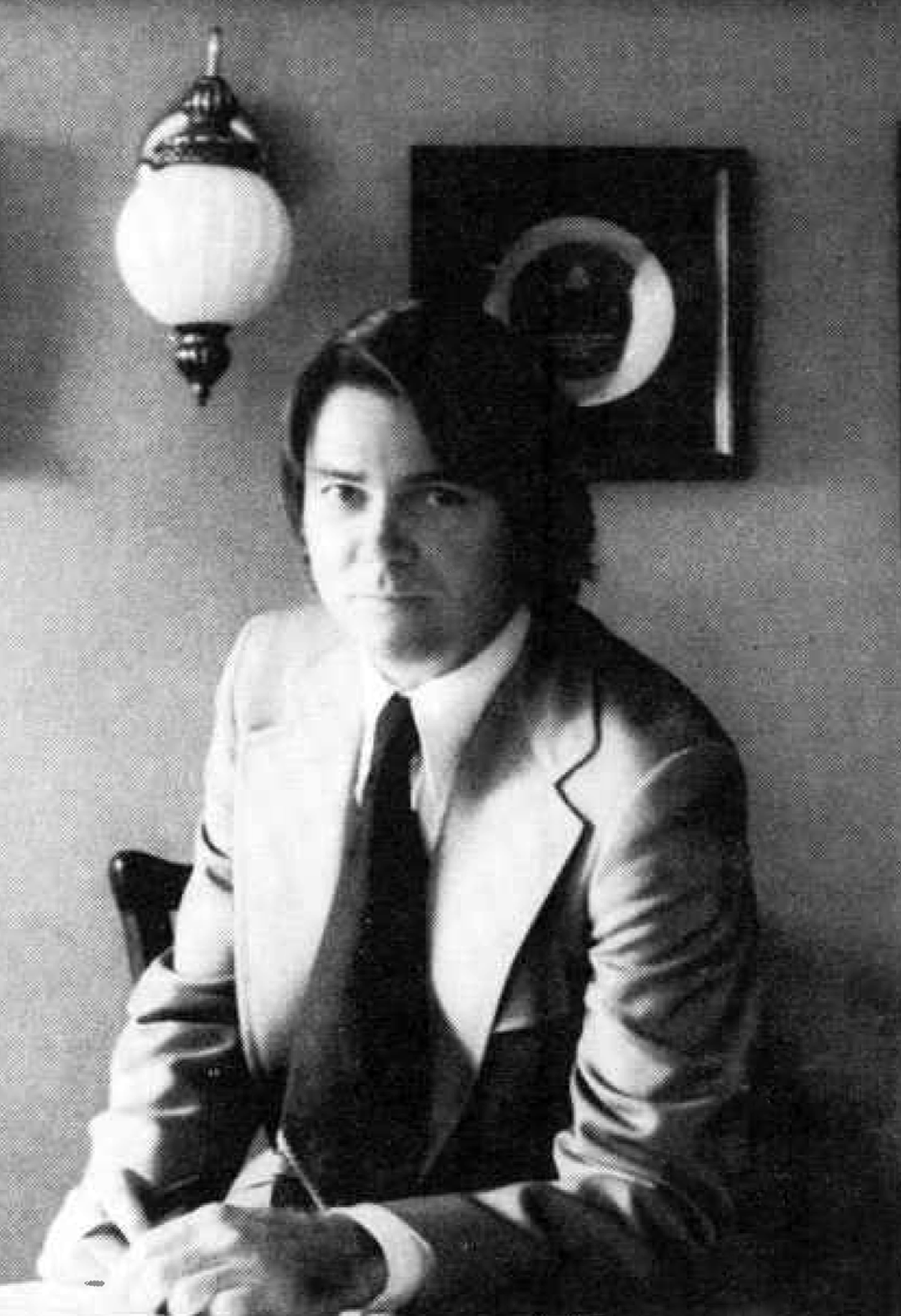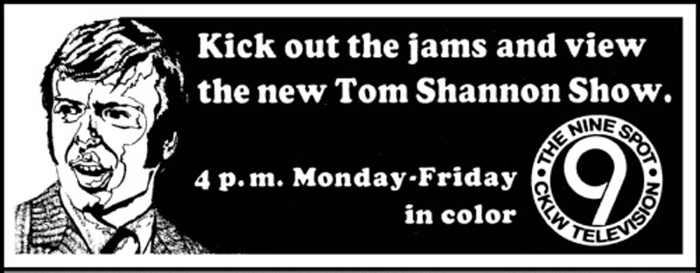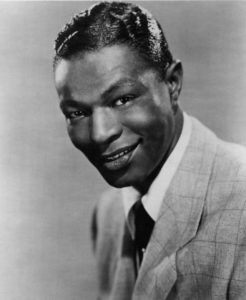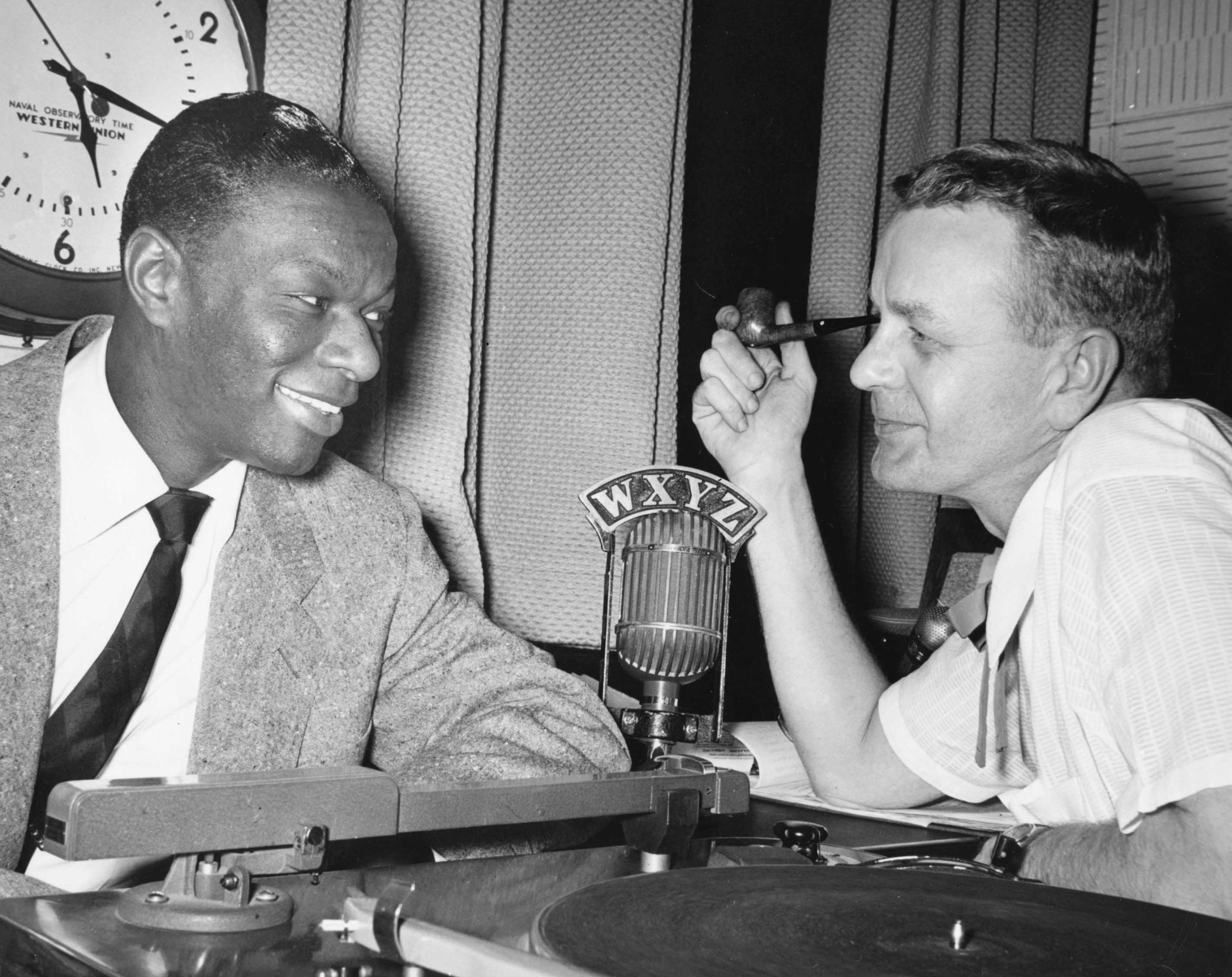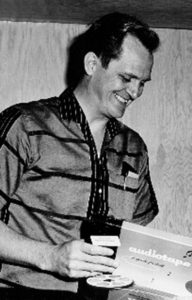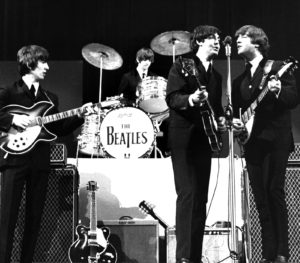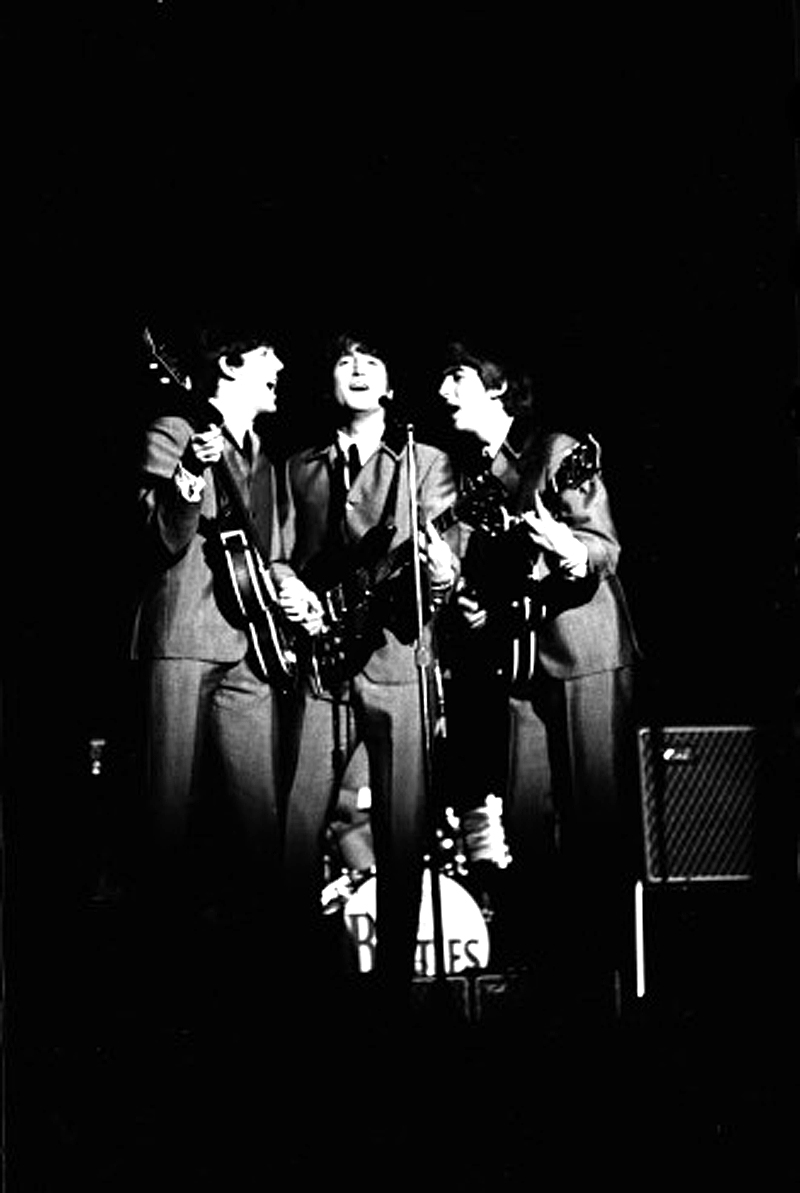 From the MCRFB NEWS archive: 1969
From the MCRFB NEWS archive: 1969
Las Vegas Booked By Elvis, Star Shines Brilliantly on ‘International’ Stage
LAS VEGAS — The greatest rocker of them all came and met one of his toughest audiences at the International Hotel showroom.
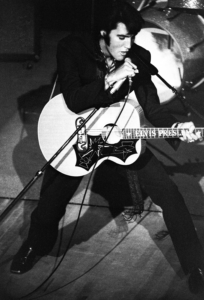
Elvis Presley, making his first personal appearance since a 1962 charity benefit at Memphis, rocked through such famous hits as “Hound Dog,” “Don’t Be Cruel,” “One Night,” and his latest million-selling message song, “In the Ghetto,” to an invitation-only dinner show last Thursday night, July 31. Presley will play the International through Aug. 28. He will be followed by singer Nancy Sinatra.
It was probably Elvis’ toughest musical challenge since he rocked out of the South with long sideburns, rotating pelvis and a banged up guitar. It was Elvis and the Country Cats. Then bouncing through songs like “That’s All Right, Mama,” “Blue Moon of Kentucky,” and later with his “Hound Dog,” “Blue Suede Shoes,” “Good Rockin’ Tonight,” and “Don’t Be Cruel.”
But it was not the Elvis with the rough edges of the middle 1950s, on stage Thursday.
It was a polished, confident and talented artist, knowing exactly what he was going to do and when. But, it was the Elvis of the past as he “Put the feeling into the songs, and let the vibrations of the music have their say, swinging hips, revolving pelvis and moving shoulders.”
Elvis worked the show with five musicians from Los Angeles who sometimes record on his California sessions. The rhythm section included Larry Muhoberac, piano; James Burton, John Wilkinson, guitars; Ronnie Tutt, drums, and Jerry Scher, electric bass. Muhoberac played with Elvis at his last personal appearance in Memphis.
Elvis is also backed up by the 30-piece International Hotel staff band conducted by Bobby Morris, who for 15 years played drums for Tony Martin.
The Sweet Inspirations opened the show with “How High the Moon.” Comedian Sammy Shore followed. Elvis closed his show with the Sweet Inspirations and Imperials backing him during his 40- minute show.
There was standing room only at the show which was by invitation only. The International publicity staff reports Elvis’ 29 -day stay already has each show reserved for 80 percent capacity. “It is one of the biggest advance reservations requests I have ever heard of,” said Pat O’Neal of the publicity staff.
Elvis does not plan to keep his shows the same. He has between 50 and 80 songs he will work with during the International stay.
Before Elvis opened, he had thousands of telegrams wishing him a success from HIS world-wide fans from the U.K., Germany, Norway, New Zealand, France and the 50 states.
“Elvis has worked extremely hard for his show. But then he is one of the most dedicated entertainers I have ever been associated with,” said his eagle-eyed manager, Col. Tom Parker, who enjoyed his stay working over the roulette tables, and putting everything together for the show.
Ironically, Elvis will be challenged by Elvis, during his International stay. His NBC-TV special, shown last Dec. 3, will hit the network Aug. 17.
On hand for Elvis’ opening was his father, Vernon; stepmother, Dee Presley; Sam Phillips, who discovered Elvis and had him on his Sun label before selling to RCA Victor for $43,000; Felton Jarvis, Elvis’ record producer; Knox and Jerry Phillips, Sam’s sons; real estate broker Ira Sachs and Victor executive Harry Kingsley. END
_______________
By James D. Kingsly
— Information and news source: Billboard; August 9, 1969 —
![]()







